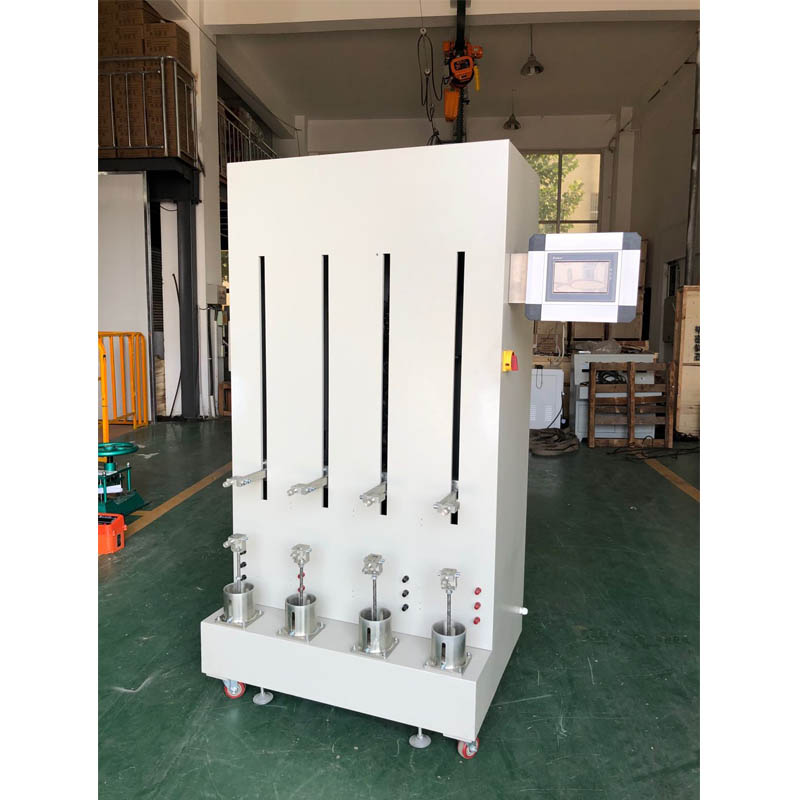custom conductor resistance test
Custom Conductor Resistance Test Ensuring Quality and Performance
In the world of electrical engineering, the performance and reliability of conductors are paramount. Conductors are essential components that facilitate the flow of electric current, and their resistance plays a crucial role in determining their efficiency. This is where custom conductor resistance testing becomes a vital process. It ensures that conductors meet stringent performance specifications and are capable of performing under various operational conditions.
Conductors are made from various materials, including copper and aluminum, each possessing distinct electrical properties. The resistance of a conductor is influenced by its material, length, cross-sectional area, and temperature. To assess these parameters effectively, custom resistance tests are designed to meet specific requirements and standards set by manufacturers, regulatory bodies, and industry practices.
The process of conducting a custom conductor resistance test typically involves several key steps. First, the specimen conductor is prepared, which may include cutting it to a specific length and cleaning its surfaces to ensure accurate measurements. The next step involves selecting the appropriate testing method, which can vary based on the conductor type and intended application. Common techniques include the four-wire method, which helps eliminate measurement errors caused by contact and lead resistances.
custom conductor resistance test

During the test, electrical current is passed through the conductor while measuring the voltage drop across it. Using Ohm's law, the resistance can be calculated. It is crucial to maintain controlled environmental conditions, such as temperature, to achieve consistent and reliable results. Any significant variation in temperature can impact the resistance measurements, potentially leading to erroneous conclusions about the conductor’s performance.
Custom conductor resistance testing provides valuable data that can be used for various applications, from quality control in manufacturing to evaluating conductors for specific projects. This data helps ensure that the conductors will perform optimally in their intended environments, whether they are used in residential wiring, industrial applications, or large-scale power distributions.
Moreover, conducting these tests not only guarantees compliance with industry standards but also enhances safety. Over time, elevated resistance in conductors can lead to overheating, increased energy losses, and potential fire hazards. By implementing rigorous resistance testing regimes, manufacturers and engineers can identify and mitigate these risks before the product is deployed.
In conclusion, custom conductor resistance testing is an essential aspect of electrical engineering that safeguards the quality, safety, and efficiency of electrical systems. By tailoring resistance tests to specific needs and conditions, manufacturers can ensure that their conductors perform reliably under various circumstances. As technology advances and the demand for efficient energy solutions grows, the importance of these tests will only continue to rise, allowing for safer and more effective electrical infrastructure. Emphasizing good practices in testing will not only enhance product performance but also foster trust and reliability within the electrical industry.
-
The Role of Tensile Force Testers in Quality Control and Material Science
NewsAug.01,2025
-
Maintenance and Safety Tips for Aging Ovens
NewsAug.01,2025
-
Density Balance in Forensic Science
NewsAug.01,2025
-
Advanced Optical Measurement Technologies
NewsAug.01,2025
-
A Buyer’s Guide to Tensile Test Machines
NewsAug.01,2025
-
Why the Conductor Resistance Constant Temperature Measurement Machine Redefines Precision
NewsJun.20,2025
 Copyright © 2025 Hebei Fangyuan Instrument & Equipment Co.,Ltd. All Rights Reserved. Sitemap | Privacy Policy
Copyright © 2025 Hebei Fangyuan Instrument & Equipment Co.,Ltd. All Rights Reserved. Sitemap | Privacy Policy

